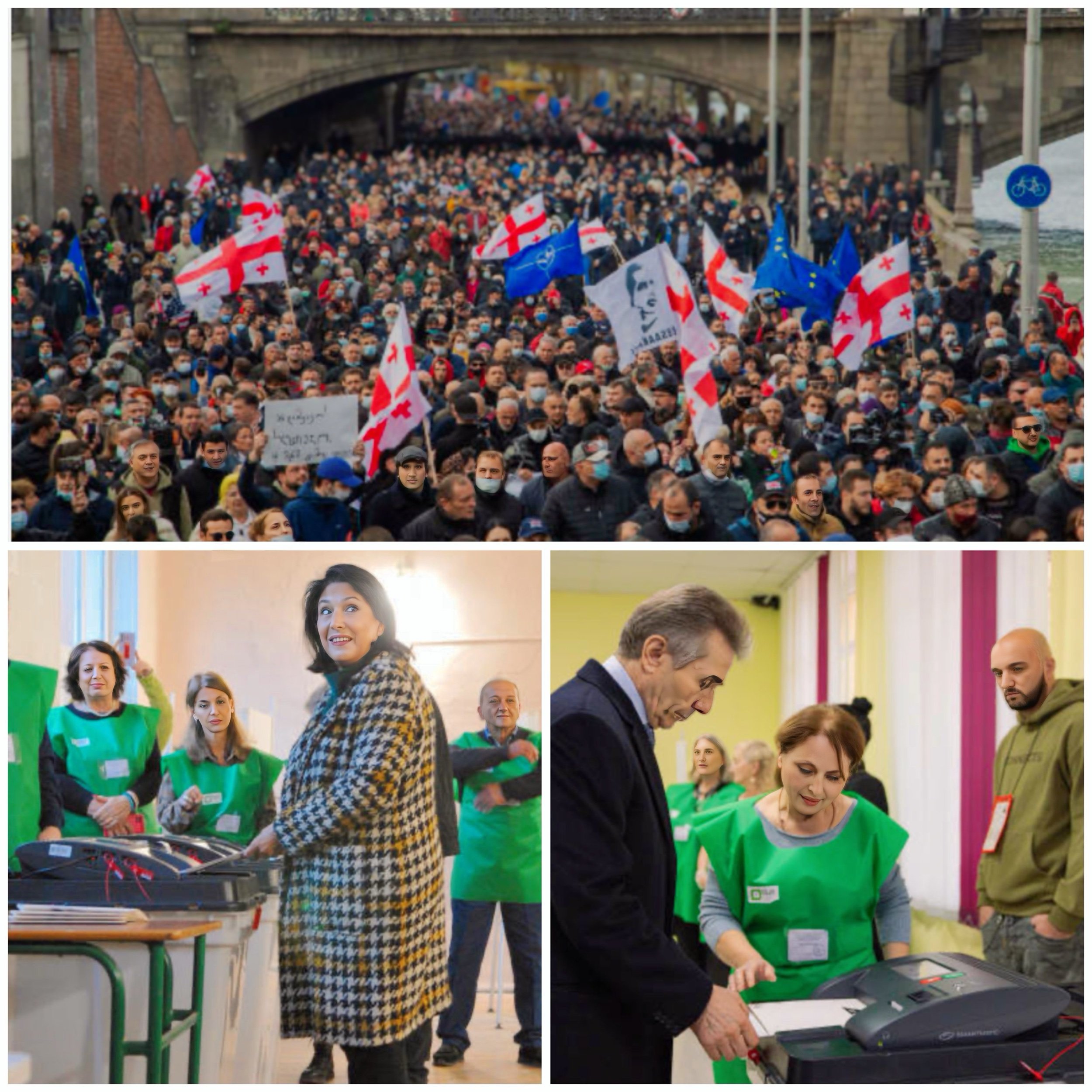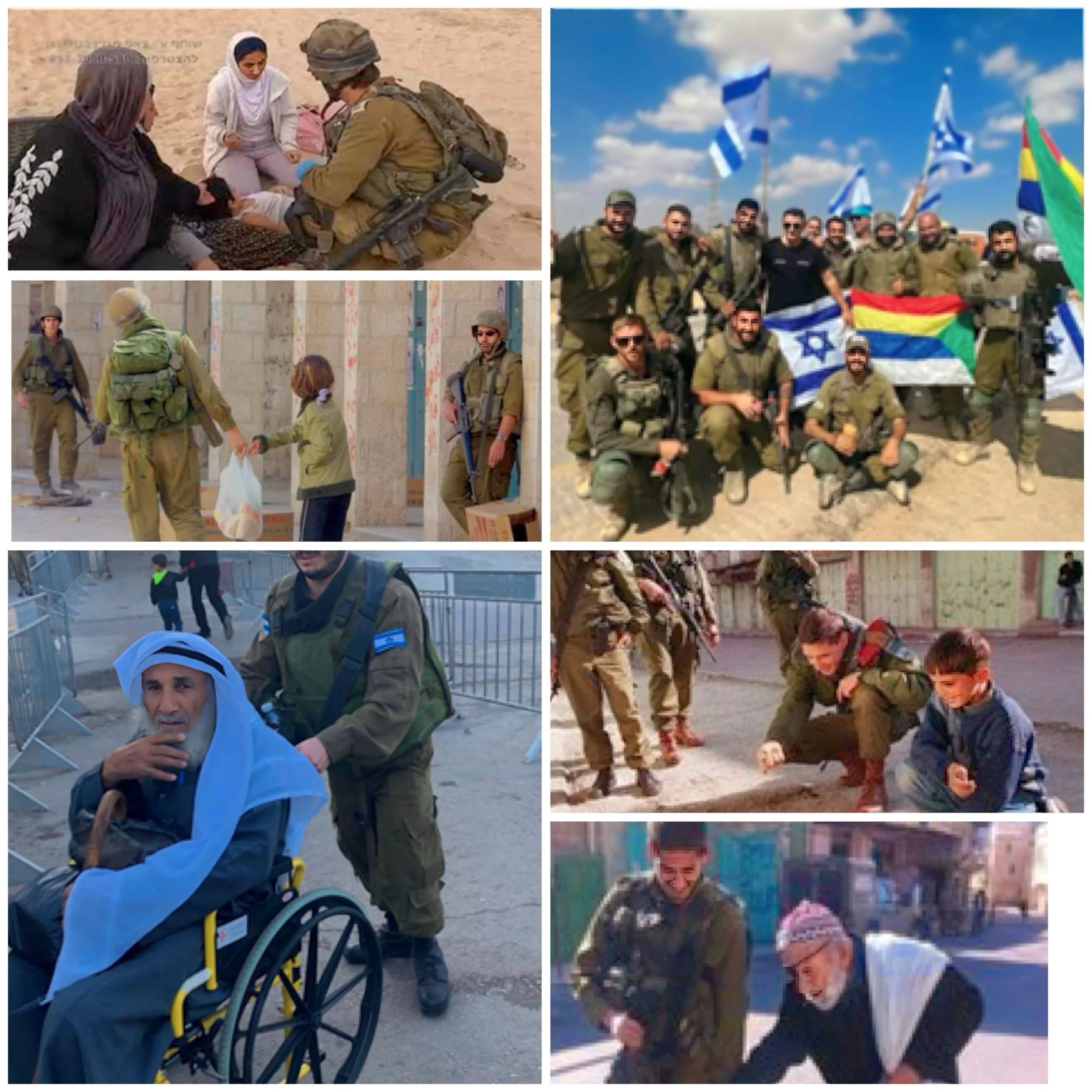The Ceasefire in Northern Israel: A Pause or a Path to Stability?
Introduction
The ceasefire between Israel and Hezbollah has sparked mixed reactions among Israeli citizens, particularly in the north. While the question of lasting peace remains unresolved, the focus should be on understanding the real sentiments and opinions of the people most affected by the conflict.
At the same time, developments in the broader region, particularly in Syria, add to the complexity of Israel's security concerns. Though Syria does not currently pose a direct threat to Israel, the ongoing instability and the growing influence of Iran in the region raise significant concerns. These challenges underscore the fragility of the current ceasefire, as the potential for renewed violence remains ever-present.
Rebuilding the North: A Call to Action
The challenges in northern Israel are not just military but also economic and social. Residents from the region now living in evacuation centers along the border shared the following concerns:
Infrastructure Repairs
“Our roads are in pieces. Schools are destroyed. These aren’t just buildings, these are where our kids learned, where we gathered,” said a local resident, her eyes filled with worry. “We need them rebuilt before we can even think of going back.”
Economic Assistance
“The war didn’t just take our homes—it took our livelihoods,” said a local shop owner. “I’ve had to close my store for months. Families and businesses need swift support to get back on their feet.”
Community Investment
“We can’t rebuild just with bricks and mortar. Our community needs investment to recover, emotionally and economically,” said a local teacher. “Mental health resources, community programs—we need it all. It’s not just about getting people back to their homes, it’s about healing our spirits.”
For many, returning to their homes along the border is not just about rebuilding physical structures, but about ensuring the community’s mental and economic resilience. "We can’t afford to wait. We need help now, so we can look ahead to a future where we don’t just survive but thrive again," one border resident said.
Voices of the North: Opinions from Israeli Citizens
The ceasefire has left northern residents grappling with a mix of relief and skepticism. Many feel the agreement offers only a temporary respite from the threat of renewed violence. To better understand these sentiments, I share the following interviews with residents in the region.
Question: What does this ceasefire mean to you?
Response: Kiryat Shmona resident Miriam B., 48, shared: “For now, it’s a chance to rebuild. The rockets have stopped, and I can finally sleep without fearing for my children. But history tells me it won’t last.”
Question: Do you feel optimistic about the agreement?
Response : Uri G., a farmer near the border, said: “Not really. We’ve seen this before—Hezbollah uses ceasefires to regroup. If the government doesn’t take stronger action, my children will inherit this problem.”
Question: What changes would make you feel safer?
Response : Tamar R., a university student, responded: “We need real investment in our communities—not just militarily but economically. And we need leaders who focus on long-term solutions, not just patchwork agreements.”
Question: Does this remind you of past conflicts?
Response : Eli M., 50, from Jerusalem, who served with me in the military, reminded me: “We used to joke back then that our kids wouldn’t have to enlist because there’d be peace by the time they were grown. How wrong we were. Today, my boys are fighting in the north and in Gaza. I just hope within 60 days, I’ll get that call from Ofir, my son, saying he’s done and coming home after months of fighting. But I worry—what kind of peace are we leaving for them?”
The Broken Roads We Call Home
For thousands of residents evacuated from their homes along the northern border, the decision to return and rebuild is fraught with uncertainty. Conversations with displaced families reveal a shared yearning for stability, but also deep concerns about the practical and emotional challenges ahead.
Gila, a mother of three from a small kibbutz near the border, says, “When I think about going back, I think about the road leading to our home—cracked, broken, and full of potholes. It feels like a metaphor for everything we’re facing. How do you rebuild when the very path to your front door feels unsafe?”
Her husband, Avi, interrupts with a sigh: “It’s not just the roads. It’s the schools, the clinics, the playgrounds. What’s the point of rebuilding our house if there’s nowhere safe for our kids to learn or play? We want to go back, but we need to know there’s a future there.”
Economic Despair in the Aftermath
Yossi, a small business owner from Kiryat Shmona, shared his frustrations: “My restaurant has been closed for weeks. Who’s going to help me get it running again? My employees have families too. Without immediate aid, we’re not just losing homes; we’re losing our livelihoods.”
His wife, Tzipi, adds, “We’ve already lost so much. Rebuilding isn’t just about walls and roofs—it’s about giving people a reason to come back, a way to make a living. If the government doesn’t step in soon, who will stay?”
A Community Frayed by Trauma
For many, the emotional toll is just as heavy as the physical destruction. Leah, a social worker evacuated from a moshav near Metula, speaks about the unseen scars.
“We’re not just talking about fixing buildings; we’re talking about healing people. The children are terrified. My six-year-old still wakes up crying, asking if the ‘bad men’ will come back. And I can’t even promise her they won’t.”
Leah pauses before continuing, her voice breaking: “We need resources, counselors, programs to help these kids—and adults—process what they’ve been through. Without that, even if we rebuild the towns, we won’t rebuild the community.”
The Question of Hope
Still, amidst the doubt and fear, there are glimmers of determination. Shimon, a retired teacher, reflects, “We’ve been through wars, evacuations, and loss before. Somehow, we always come back. But this time, it feels different. It feels like we’re asking for something more—a commitment from our leaders to not just send us back, but to give us what we need to thrive. We want to go back, but not to a shell of a town that will fall apart again with the next rocket.”
Conclusion
The desire for lasting peace is universal—and it is the hope that all Israelis, from the north to the south, share. This ceasefire offers a moment to reflect and rebuild, but lasting stability requires bold and comprehensive action.
As Israelis yearn for peace, their voices—full of frustration, hope, and resilience—must guide our understanding of the path forward.
As one resident poignantly put it: “We have no other land, but we also have no choice but to keep fighting for real peace.”






